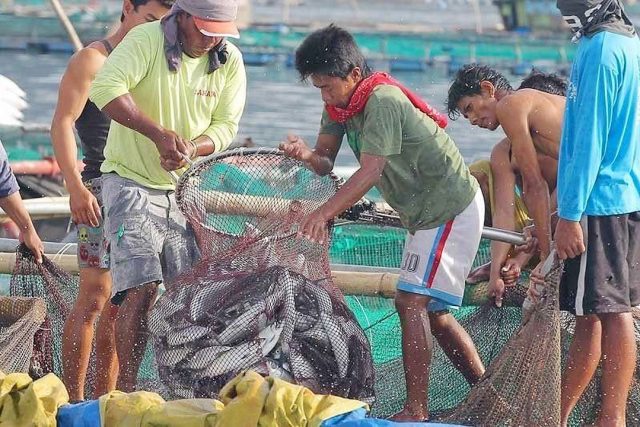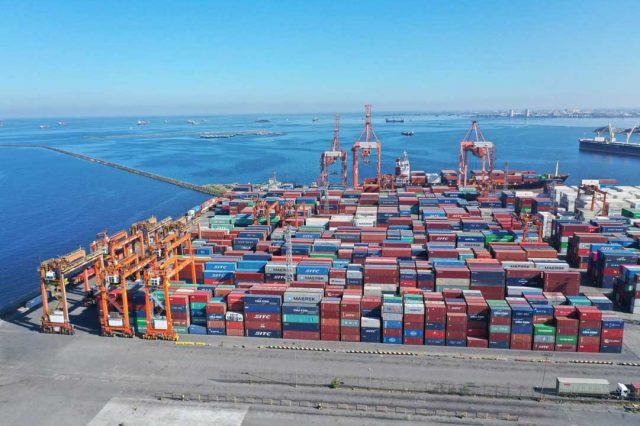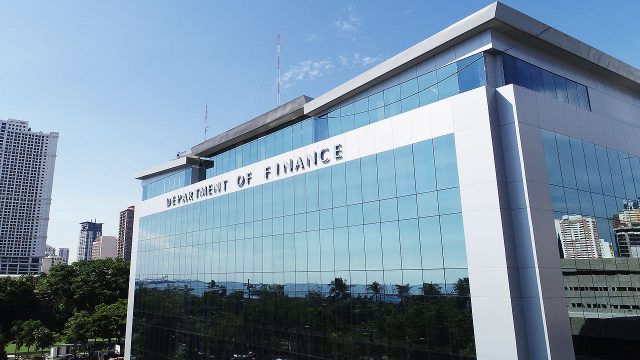STRICTER post-pandemic visa requirements and reduced airline capacity are behind the lagging travel recovery, according to a New York- and Hong Kong-listed international online travel agency.
In a briefing on Wednesday, Trip.com Group Ltd. Managing Director and Vice-President for International Markets Boon Sian Chai said that although the recovery of travel is on track in some Southeast Asian countries, the remainder, including the Philippines, are lagging because Chinese tourists have not returned.
“If you look at the recovery of travel itself, I think Singapore, Malaysia, Thailand, and some of the other Southeast Asia countries are slightly ahead in terms of recovery because, first of all, they have removed the visa restrictions for Chinese mainland travelers going to Southeast Asia itself,” he said.
The United Nations World Tourism Organization estimates that travel has recovered to 87% of pre-pandemic levels in South Asia last year, faster than the 65% recovery in Asia and the Pacific.
Meanwhile, the Philippines logged 5.4 million international visitors, which is 65% of the 8.24 million foreign arrivals seen in 2019. The percentage of international travelers relative to pre-pandemic performance is at par with the average within Asia and the Pacific.
Fiona Pan, senior market director for Trip.com Philippines, said that recovery levels vary for each market in the Philippines, with the number of Chinese tourists still far below the pre-pandemic level.
“For the Koreans, we see a very good recovery. I think it’s around 80% recovery compared to pre-pandemic,” Ms. Pan said.
“The Chinese (arrivals) are still very low, which is due to the visa policies. Right now, (Chinese travelers) still need a face-to-face interview to get a visa. Before the pandemic, we didn’t need that. Visa policies are stricter than before,” she added.
She also said that the fees to apply for a Philippine visa are now four times the cost to apply for a Japanese visa.
“It’s actually not the most favorable terms for Chinese tourists, especially when Singapore, Thailand, and Malaysia are all visa-free for Chinese,” she said.
“But the good news is that for Chinese passport holders with valid Japanese, American, Schengen, Australian, and Canadian visas, they can use that visa to enter the Philippines visa-free,” she added.
South Korea remained the Philippines’ top source of international visitors last year, accounting for 26.4% of foreign arrivals, or 1.44 million, while tourist arrivals from China only accounted for 4.8%, or 263,863.
Before the pandemic, China was the second-largest source of international arrivals; in 2023, they had fallen to fifth.
Meanwhile, Mr. Chai said that, beside visa applications, the slow recovery of airline capacity and increasing ticket prices are also posing obstacles to a recovery.
“Basically (capacity is a problem) not just for the Philippines. Across the world, we have seen that flight capacity has not recovered back to pre-pandemic levels,” he said.
“So that’s something that’s going to have some kind of impact on travel itself, and I think linked to that is the overall cost of flights,” he added.
He said ticket prices have increased due to inflationary pressures.
Despite the concerns, Mr. Chai said that Trip.com is still optimistic that travel will recover not only in the Philippines but globally.
“People are traveling more than ever” despite expensive hotel and air ticket prices, he said.
The growth, he said, is coming from the growing demand from the younger generations, who are keen to collect experiences.
He said Trip.com’s revenue last year grew 122% to $6.3 billion, with hotel reservations revenue outperforming with growth of 132% to $2.4 billion.
He added that most people in the industry see post-pandemic revenge travel starting to lose momentum, which raises the need to take new approaches in spurring travel.
“What a lot of countries are doing now is removing what they call visa requirements. Previously, especially for Chinese outbound, there’s a lot of visa requirements (in) many different countries,” he said.
He said that the removal of the inbound and outbound restrictions allowed people in Singapore, Malaysia, Thailand, and China to freely travel both ways. — Justine Irish D. Tabile












